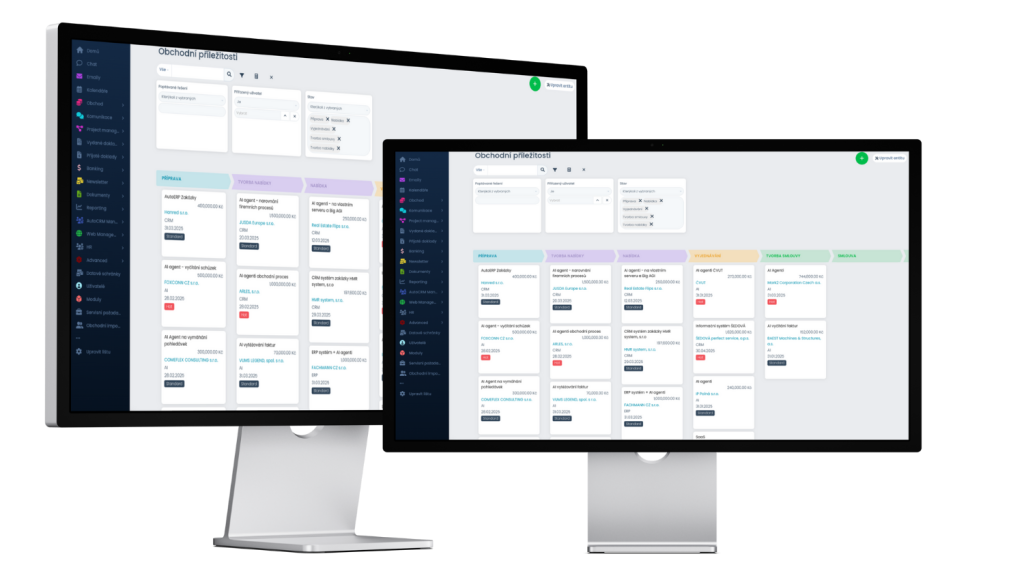Anentity is any singular, identifiable and independent object. It refers to individuals, organizations, systems, bits of data, or even distinct system components that are considered significant in their own right.
In CRM we can consider as an entity for example:
- Invoices
- Knowledge base
- Opportunities (potential)
- Calls
- Documents
- Emails
- Warehouses
Understanding Entity
The concept of entity has become increasingly important in today’s business environment. As organizations strive for digital transformation, entity offers valuable insights and practical solutions.
Key Benefits
• Enhanced operational efficiency through entity implementation
• Improved decision-making capabilities
• Better resource allocation and cost optimization
• Increased competitive advantage in the marketplace
Implementation Strategies
Successful entity adoption requires careful planning and execution. Organizations should consider their specific requirements, available resources, and long-term objectives when implementing entity solutions.
Best Practices
To maximize the benefits of entity, companies should focus on proper training, stakeholder engagement, and continuous improvement processes. Regular evaluation and optimization of entity strategies ensure sustained success.
Why Entity Matters
In modern business environments, entity plays a crucial role in operational success. Understanding and implementing entity can provide significant competitive advantages.
Key Applications
Organizations across various industries leverage entity to streamline processes, improve efficiency, and drive better outcomes. The practical applications of entity continue to expand as technology evolves.
Key Benefits
The implementation of entity provides numerous advantages for organizations seeking to improve their operational efficiency and competitive positioning in the market.
Best Practices
Successful adoption of entity requires careful planning, proper resource allocation, and continuous monitoring to ensure optimal results and sustainable growth.
